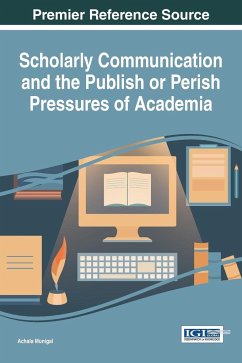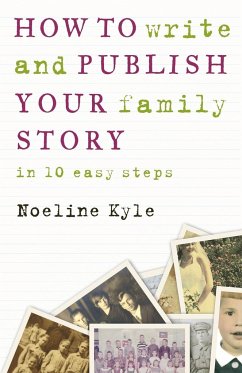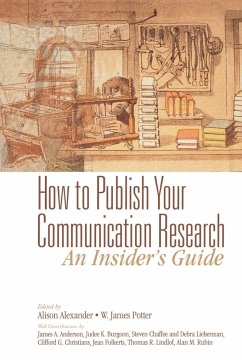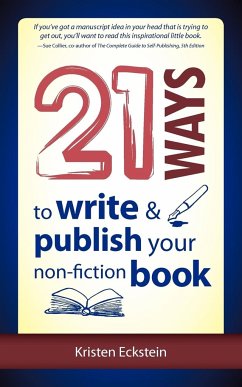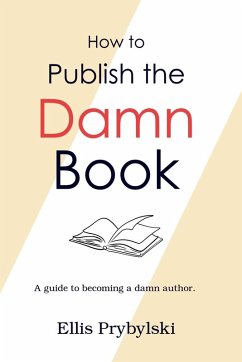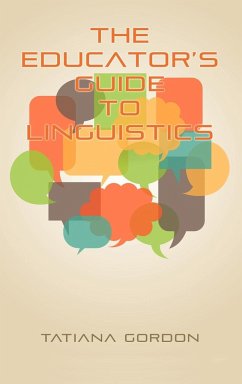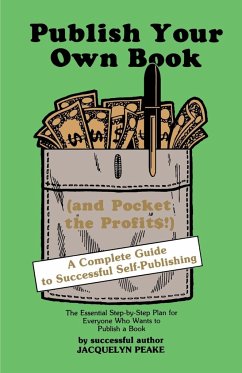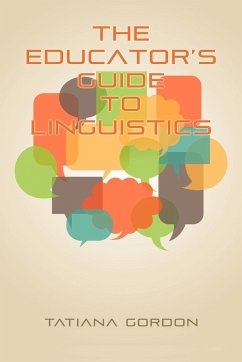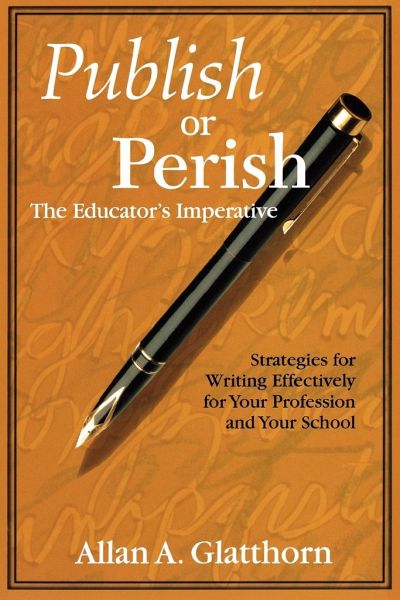
Publish or Perish - The Educator's Imperative
Strategies for Writing Effectively for Your Profession and Your School

PAYBACK Punkte
19 °P sammeln!
Every educational leader has a story to tell, owever putting that story in words on paper and into a book can be overwhelming, even for the most experienced educators. In his book Publish or Perish, author Allan A Glatthorn outlines the essential steps to becoming a published writer: from the preliminary phase of focusing on a subject matter, to marketing the published work on-line. While the author illustrates how to write profession specific material, the information he conveys is invaluable to any aspiring author. Publish or Perish is a reader friendly book with personal accounts of failure...
Every educational leader has a story to tell, owever putting that story in words on paper and into a book can be overwhelming, even for the most experienced educators. In his book Publish or Perish, author Allan A Glatthorn outlines the essential steps to becoming a published writer: from the preliminary phase of focusing on a subject matter, to marketing the published work on-line. While the author illustrates how to write profession specific material, the information he conveys is invaluable to any aspiring author. Publish or Perish is a reader friendly book with personal accounts of failure and success, detailed advice, and practical information.





